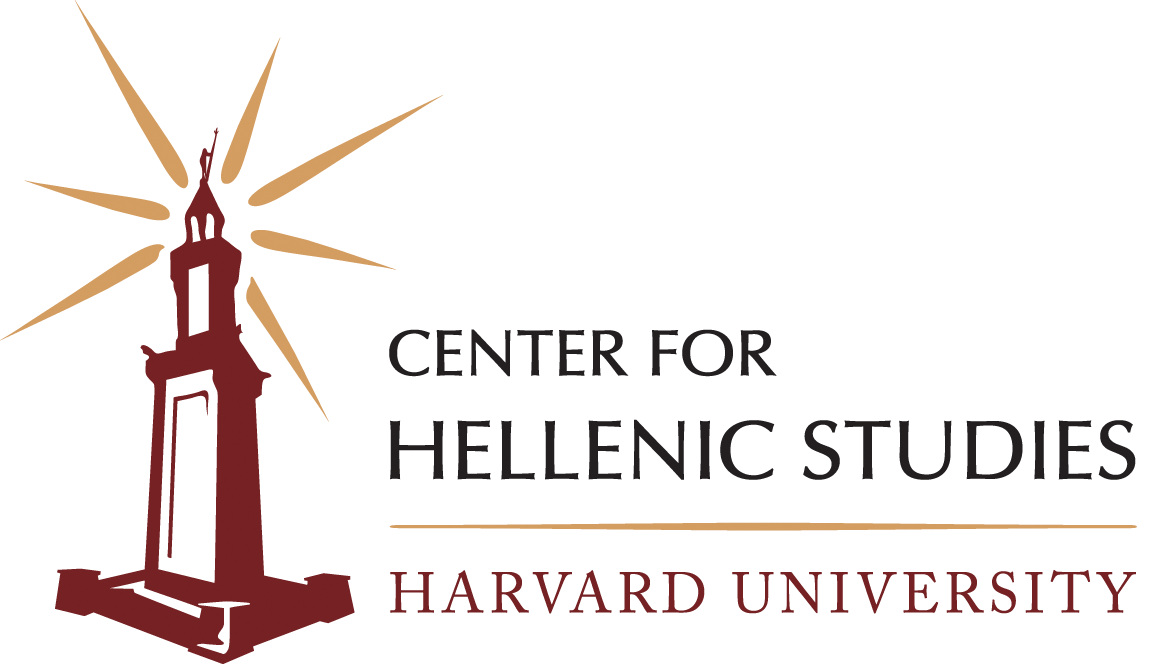Key information
- Dates: June 30 - July 4, 2021
- Location: Online
- Organized by: CHS US on behalf of the Network for the Study of Archaic and Classical Greek Song, CHS Greece
- Open to: Scholars, researchers, undergraduates, graduates from the field of Classics and beyond (free of charge)
- Registration Period: May 27 - June 25, 2021
- Language: English
- Academic Coordination: Gregory Nagy (Harvard/CHS), Lucia Athanassaki (University of Crete/CHS), and Tim Power (Rutgers University)
- Activity Administration: Christos Giannopoulos (CHS Greece)
About the conference
Overview
Some of the most notable recent work on Greek lyric poetry represents a critical departure from the preoccupation with occasion and performance that has largely defined its study for the past several decades. There is an emergent rediscovery of lyric as "literature", and with it a growing sense that the focus on context and function can inhibit meaningful engagement with the full discursive, artistic, and ideational complexity and distinctiveness of the texts themselves. Renewed attention to the re-performance and reception of lyric poems has similarly challenged the interpretive privileging of (primary) performance contexts.
Yet, while performance and occasion may no longer be considered the last word in the study of Greek lyric, there is no escaping the fact of their formative influence on the texts we read (even if that influence was not as simple or direct as has often been thought). This conference aims to open what we hope will be an expansive, mutually enriching dialogue between performance-based approaches to lyric and the current (re)turn to its more literary and aesthetic aspects and effects.
Structure of the program
The conference is addressed -free of charge- to every interested scholar, researcher, and student from the field of Classics and beyond.
It will be divided in 10 sessions with 46 speakers and discussants from all over the world (US, Greece, Brazil, Italy, UK, Germany, etc). Two 90-minute virtual sessions will be featured each day over Harvard Zoom (zoom webinar), starting at 6pm EET/11am EDT. During the sessions, speakers will present 10-minute overviews of their papers, which will be circulated to participants before the conference, followed by brief discussion moderated by the discussants of the conference.
See the full program of the conference and the abstracts of the presentations.



